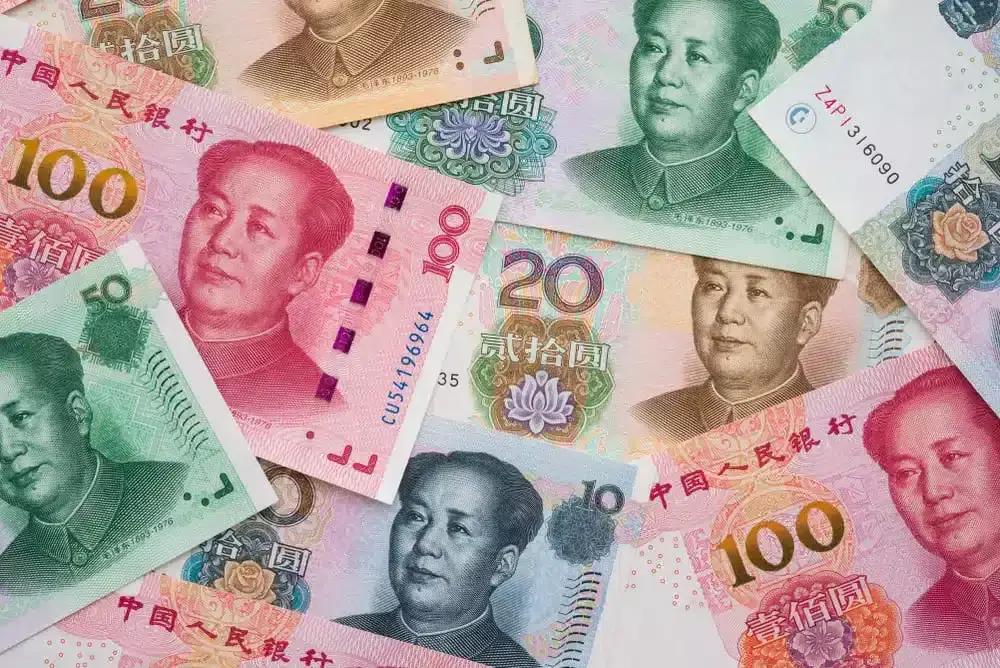
The Chinese Economy Will Grow by 7.9% Next Year
The World Bank forecasts that China’s economy will experience the highest growth among the world’s major economies.
The World Bank predicts that China‘s economy will grow by 7.9% next year in its latest estimate. If it is realized, it will be 5.9% more compared to this year. According to the agency, China’s economy will return to pre-coronary conditions next year. It is a result of improved labor market conditions and rising consumer demand and household spending. 
According to the World Bank, the macroeconomic situation in China is improving. This should not cause Chinese policymakers to neglect some of the current challenges, such as high debt. The World Bank has advised China to continue to adjust its policies to strengthen economic actors’ confidence in the country’s stability. The international financial institution has welcomed Beijing’s initiative to launch a local government debt management mechanism. It called for its extension next year and said the mechanism has successfully reduced local financial risks.
Besides, the World Bank stressed the People’s Bank of China’s role in managing the coronavirus crisis and mitigating its economic consequences. It called on the institution to continue its strong presence to support financial markets and inject liquidity.
Sebastian Eckardt, a chief economist at the World Bank for China, said China’s economy would grow next year due to its high growth potential. However, China must continue to become a service-oriented economy. The country should strengthen its role of innovation. According to Eckardt, this will only happen if fiscal policies are adjusted to a more equitable distribution of resources across the country.
There still are some questions over the country’s coronavirus vaccine export deals
China’s experimental Covid-19 vaccines are on the move. Three Chinese companies have inked deals to supply vessels to the world in bilateral agreements with countries like Indonesia and Brazil.
The flashier mRNA vaccines of Pfizer-BioNTech and Moderna are more adaptable. They have produced desirable results. However, keeping them cold enough to prevent their delicate strands of genetic material from falling apart in transit is a significant challenge.
China’s vaccine giants have mostly taken the more conservative and time-consuming approach. In fact, these vaccines are more comfortable to transport and potentially manufacture overseas in places without cutting-edge technology. They are more appealing to many nations. Yet, concerns over the vaccine-makers’ transparency and a lack of detailed examination data appear to have turned some off.
-
Support
-
Platform
-
Spread
-
Trading Instrument




